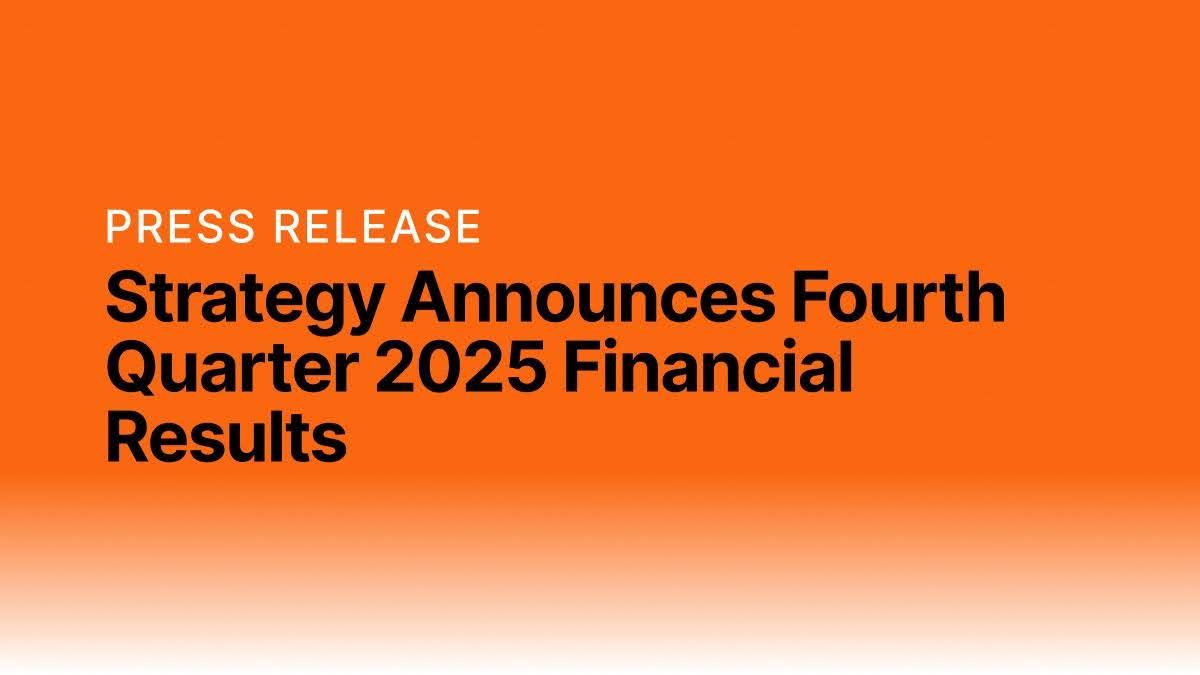2018-12-4 23:34 |
Blockchain Trial In Thailand Tests Out Value-Added Tax Payment Use Case
In a report from the Bangkok Post on Monday, it seems that blockchain technology is making an even bigger impact than simply within cryptocurrency. Thailand’s Revenue Department is apparently testing out the use of blockchain technology to track value-added tax (VAT) payments. The goal of the department is to prevent fraud in VAT refund claims, which is a tax specifically paid for goods and services.
Blockchain would essentially help with the verification of authentic invoices and the rejection of any invoice that did not fit that category, according to director-general Ekniti Nithithanprapas. He also noted that the agency is looking to multiple different technologies to help them, like machine learning, Big Data, and artificial intelligence, all in an effort to reduce tax evasion and fraud.
In May, China took a similar path with their tax authorities. The Shenzhen National Taxation Bureau decided to fight back against tax evasion with the help of Tencent, a local internet conglomerate. This project was originally made as a way to create digital invoices for goods and services. Since these invoices could not be replicated on the blockchain for a false proof of purpose, it would help to reduce fraud and “improve the invoice supervision process.”
Along with Thailand’s decision to improve their tax payments, they have also started using blockchain technology in other use cases. The Bank of Thailand chose to establish their own crypto for interbank transactions in June, hoping to make the process faster and less costly. The following month, the Thailand Bond Market Association, a self-regulatory group, announced that they were working on a private system, increasing the rate of corporate bond settlements.
origin »Bitcoin price in Telegram @btc_price_every_hour
High Performance Blockchain (HPB) на Currencies.ru
|
|





